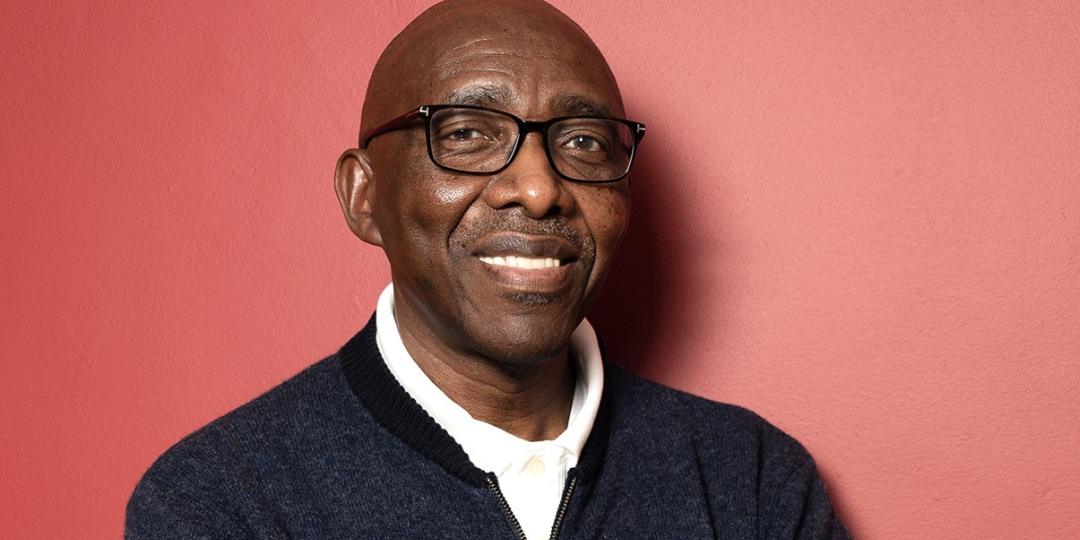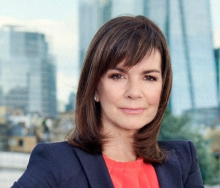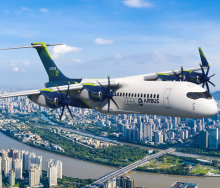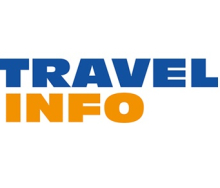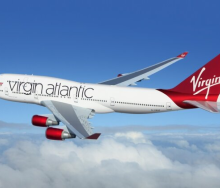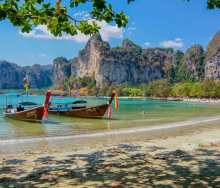Following the hiatus in corporate travel during the pandemic, TMCs are now expecting to see a lot of companies entering the request for proposal (RFP) process as they re-assess their travel programmes.
GM of the FCTG Corporate Brands in SA (Corporate Traveller and FCM Travel), Bonnie Smith, elaborates: “During the past two years, many contracts were simply extended as we adjusted and waited to see what would happen after COVID-19. Many private and public-sector companies will be eager to see what has changed and how a TMC can support travel of the future.”
Kananelo Makhetha, CEO of Club Travel Corporate, agrees: “We have noticed an increase in new request for information (RFI) and RFP activity. There was limited RFI and RFP activity during the pandemic. I guess corporates are catching up.”
Smith anticipates an increase to levels of 2019 and beyond this year. “I predict we’ll see an increase of 10% to 20% in travel budgets.”
She says the most significant uptake in corporate travel has been in Africa, Europe and the US over the past few months. “Visas remain a huge concern. Domestic capacity and limitation on airlines is equally concerning, as is the international travel capacity.”
At present, conferences, meetings and customer visits are the top drivers behind business travel, she adds. “We haven’t seen people face to face for a long time. It’s time to interact and build relationships again.”
Achieving goals with less travel
US-based travel procurement adviser and specialist, Scott Gillespie, founder and CEO of tClara, recently released a white paper entitled ‘How We Meet Matters’. What he has found most interesting about the outcome, is that 43% of US business leaders are preferring in-person meetings for achieving a wide variety of meeting goals, while 35% opt for virtual meetings and 22% say the mode doesn’t matter much.
“This means that more than half (57%) may be sceptical of the need to travel for a meeting. Much depends on the meeting’s importance and the friction involved for meeting in person. But still, this is a notable headwind facing the business travel industry and it underscores the need to make a good case for the need to travel.”
He says 90% of all the executives polled agree that frequent travellers should be required to justify the need for their trips before they travel. “I think this speaks to the sensitivity around climate change and travel’s impact on that front.”
In terms of managing client travel programmes and strategies more effectively during these challenging times, Gillespie advises travel consultants to quit worrying about prices and ‘savings’.
“Switch the client’s focus to the quality of the trip. There is much more to be gained by ensuring a successful trip these days. ‘Less travel, better results’ is the strategy I’m preaching over here. This can be a spend-neutral proposition – higher prices, better quality, fewer trips, but better results when people do travel, including few emissions.”
Smith also recommends that consultants educate clients in terms of doing more with their trips (navigating two to three meetings in one booking), improving the advance purchase process and keeping a hybrid of tech (virtual) meetings.

